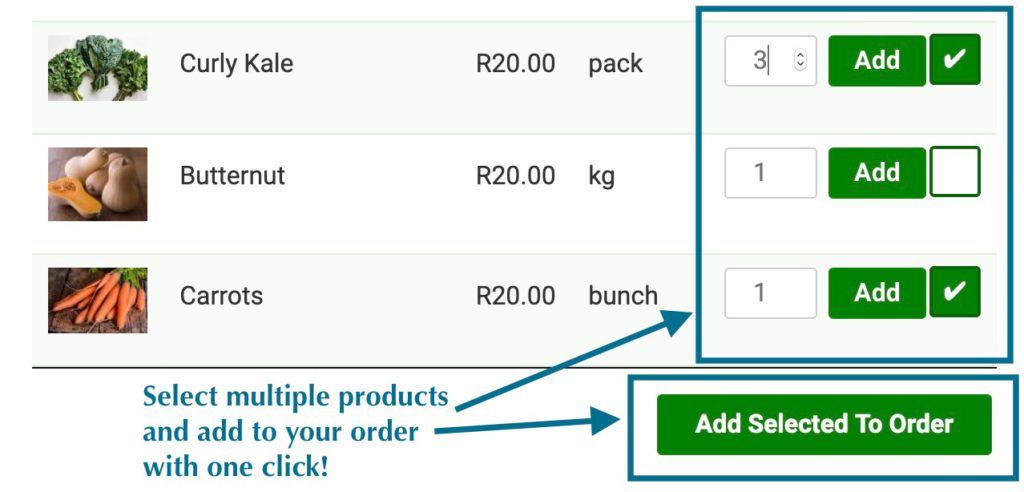Perennial – “lasting or existing for a long or apparently infinite time; enduring or continually recurring.”
Annual – “occurring once every year.”
Much of the worlds food supply for humans and livestock is derived from annual plant species. Almost 70% of the worlds productive farmland are devoted to grains, oil seeds and legumes in a yearly cycle of plowing, sowing, fertilising, irrigating and harvesting. After the harvest, grazing animals often strip what is left of plant material growing out the soil leaving a barren landscape with greatly reduced biological soil activity, fewer earthworms, and lower fertility.
This method of farming is highly productive in terms of food calories produced, but requires a huge quantity of energy inputs. Farmers spend an ever growing amount on machinery, diesel, seed and labour. As the soil is denuded of nutrients every year increasing amounts of expensive petro-chemical based fertilisers need to be applied to the land to ensure reasonable harvests.
In contrast, perennial plant species live for many years. Some, such as perennial grains, perennial kale, spinach, chillis & other peppers, live for up to 5 years, whereas trees as another kind of perennial can live for hundreds of years. As perennials live for so much longer they develop extensive root systems, stabilising the soil to prevent erosion and protect the soil year-round. Perennial farming reduces erosion rates by up to 50%
Perennial plants also conserve freshwater better than annuals plants. Annual crops lose up to five times more water than perennials (Glover et al., 2010). This means that annual fields with their shallow root systems require more irrigation which threatens surface and ground water resources.
- Lower maintenance & fewer inputs
- Longer harvest season
- Reduced erosion and loss of topsoil
- Water saving
- Improves bio-diversity and encourages animal, bird and insect life
- Raspberries, blueberries and other berry bushes
- Asparagus
- Rhubarb
- Kale
- Garlic
- Horseradish
- Artichokes
- Watercress
- All fruit and nut trees
- Tagasaste (tree lucerne) – for animal feed
- Agave
- Perennial basils
- Some broccoli varieties
- Dill
- Fennel
- Passion fruit (granadilla)
- Kiwi fruit
- Lemon balm
- Mint
- Pineapple
- Prickly pear
- Rosemary
- Strawberry
- Sweet potato

